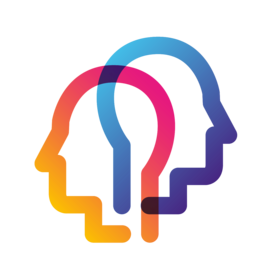Our transdisciplinary team (TDT)
What is the role of a transdisciplinary team and what are the benefits
Transdisciplinary teams (TDT) are collaborative groups used in both healthcare and education, designed to address the comprehensive needs of individuals, particularly children and young people (CYPs).
The key objectives of TDTs in educational settings include improving CYPs' access to learning and development by understanding their daily challenges, cognitive, emotional, social development, and overall well-being.
For more information about using a transdisciplinary approach to improve wellbeing please follow the link.

Enhancing readiness and regulation for learning
Internal alignment:
Collaborative efforts with teaching staff and other professionals to implement effective strategies and provide targeted clinical input.
External partnerships:
Engages with external clinical psychologists, psychiatrists, and other healthcare professionals.
Recovery curriculum role:
Essential in assessing and delivering a curriculum for students returning to onsite education, addressing setbacks due to prolonged absences.
"The school works with outside organisations and groups, including universities, local authorities and specialist advisers, to continually review, refine and share good practice in the teaching of pupils with autism spectrum disorder (ASD)."

Speech and language therapy (SaLT)
Our SaLTs provide support in relation to:
- Expressive communication – using objects, pictures/ symbols, signs, words
- Understanding of information (receptive communication) – speech, pictures/ symbols, objects
- Social interaction and engagement

Occupational therapy (OT)
Our OTs provide support in relation to:
- Sensory needs
- Self-care skills (toileting, using cutlery, dressing skills etc)
- Fine motor skills (drawing, using scissors etc)

Psychology team
Our Psychology team supports in relation to:
- Understanding emotions through self-regulation and co-regulation
- Positive, proactive and collaborative, co-produced solutions to barriers for learning
- Transitions, changes and aspirations

Family liaison
Our Family Liaison Manager supports in relation to:
- Facilitates communication and builds relationships
- Rights
- Support for home (sleep, toileting)
Benefits of the Sybil Elgar School transdisciplinary approach
- Educational barriers are identified through collective thinking.
- Recognizing CYPs' strengths, interests, wishes, and aspirations.
- Sharing of knowledge, skills, and decision-making.
- A collaborative approach involving clinicians, therapists, teaching staff, key workers, parents, students.
- Full-time on-site support in cccupational therapy, speech and language therapy, psychology, and family liaison manager.
Welcome to our transdisciplinary team newsletter
We share practical activities and strategies to enhance your child's learning at home. Join us in this journey to bring classroom insights into your family's everyday life.
